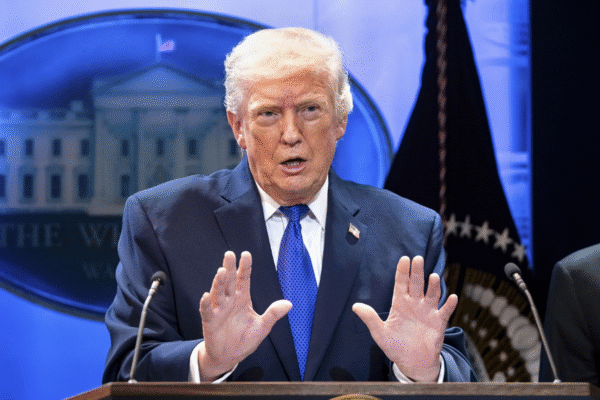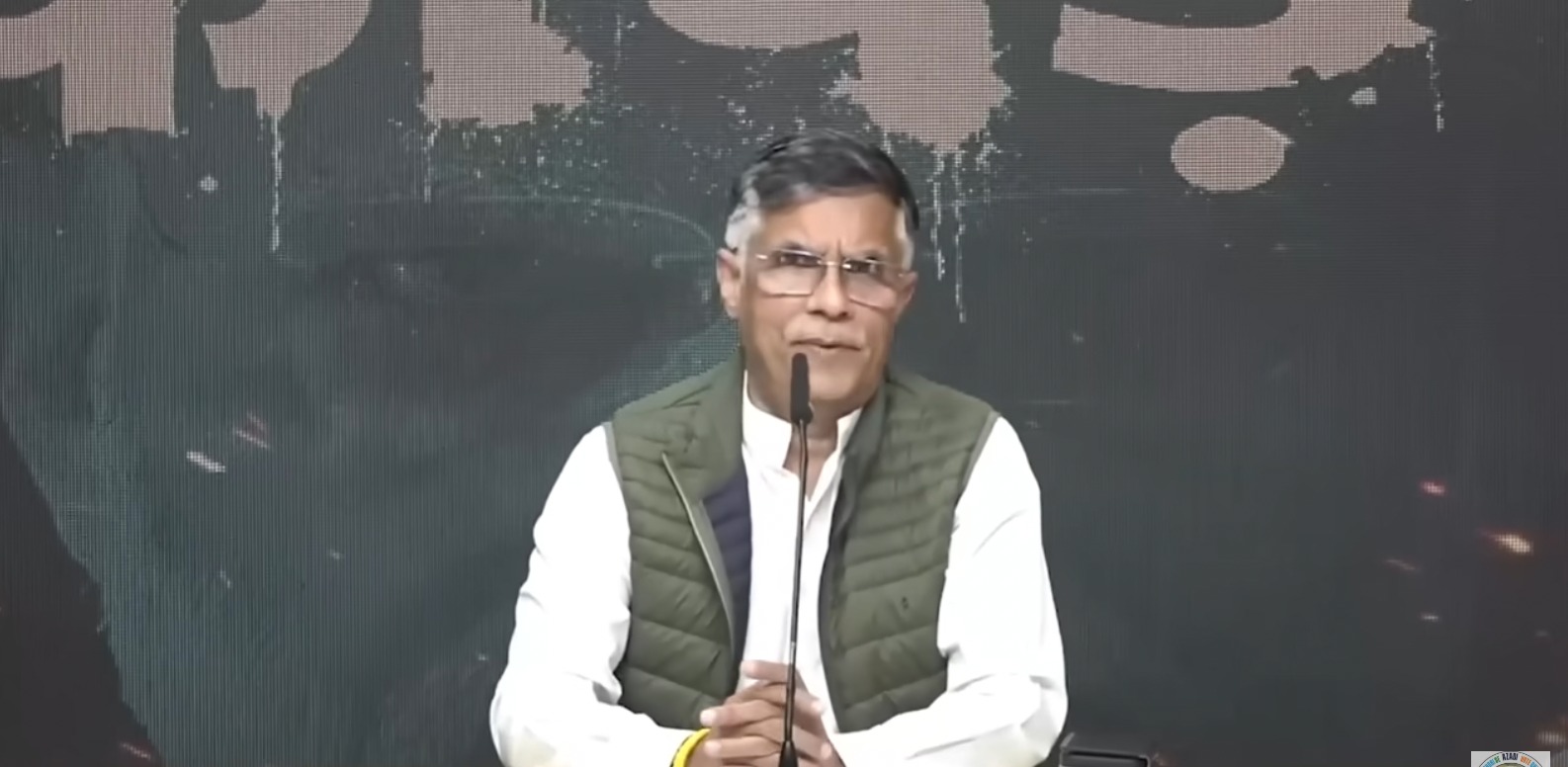

Voter Inducement Scandals Rock Indian Elections Amid Vote Chori Claims
An X post of All india Congress President Alka Lamba, has gone viral in which she is seen distributing distributes saris and caps from her car in Patna, Bihar and she is also instructing party workers to hand out party flags during election campaign. The act appears to be a tactic to mobilize women and boost turnout for Rahul Gandhi’s ongoing yatra in the state.
During Delhi election BJP’s Pravesh Verma also distributed ₹1,100 and shoes to women.

MP Kavitha Maloth from Telangana faced conviction after she offered cash in the 2019 Lok Sabha elections. A court sentenced her to six months in jail under voter bribery laws.dennislawnews.com
In Tamil Nadu’s local body polls, candidate Manimegalai Duraipandi deceptively distributed fake gold coins—actually copper beneath gold plating—to win votes.India Today

Instances proliferate: AIADMK and DMK candidates in Tamil Nadu handed out cash, liquor, household goods, and branded gifts via covert gift-courier networks.The Times of IndiaResearchGate
In Ludhiana West, AAP allegedly distributed school kits, fabric, and electronics in trucks, prompting formal election complaints.The Times of India
The Election Commission responded by ordering probes into Verma’s actions for Model Code violations. Delhi Police filed an FIR against him for distributing gifts during restricted periods. AAP leaders demanded serious penalties and action from the ECI mintIndia TV News. While enforcement began swiftly, institutional cracks still seep through.
However, such acts plague both BJP and Congress. Electoral malpractices persist across parties. Therefore, fairness questions arise often.
Critics deride it as blatant gift-driven politics, while leaders defend it as outreach. This hypocrisy has voters questioning fairness.
These scenes aren’t isolated. Rahul Gandhi campaigns against “vote chori.” He accuses BJP and EC of theft. Yet, his aide allures voters with gifts. This irony fuels debates.
India’s democracy faces repeated manipulations. Parties from all stripes give cash, goods, or perks to sway votes. This trend does more than raise eyebrows—it fundamentally damages trust.
Historic Corruption Meets Modern Scams
India’s electoral malpractices stretch back decades. Keeled governments emerged from vote rigging and misuse of office. Indira Gandhi infamously lost her seat in 1975 due to a malpractice verdict. Since then, fraud evolved. Booth capturing gave way to cash inducements and fake voters. In 2024 alone, election monitors seized cash, liquor, and bribes worth crores.
Both major parties accuse each other but rarely reform their own tactics. Rahul Gandhi alleges vote theft in Karnataka, while others claim EC bias. However, manipulative strategies thrive across political lines, corroding public confidence.
The ECI historically deployed flying squads and surveillance to curb malpractices. Former Chief Election Commissioner V. S. Sampath pioneered these efforts. His reforms helped curb cash and liquor smuggling during elections Wikipedia. Still, gift-giving remains rampant.
Reform Roadmap to Protect Electoral Integrity
India urgently needs electoral reform. This reform must outlaw material inducements. It should strengthen ECI enforcement and impose meaningful penalties—including disqualification and jail under the Representation of People Act, 1951 Wikipedia.
Additionally, transparency in political funding demands reform. Ending anonymous donations like electoral bonds, ruled unconstitutional by the Supreme Court, marks progress toward accountability TIME. Campaign finance reform must continue to limit money’s role in politics.
Technological tools like EVMs with VVPATs offer audit trails and voting confidence. Innovators propose AI-driven counters to improve verification further arXiv.
Finally, voter education holds power. Door-to-door campaigns that focus on civic duty can curb the allure of freebies. India must shift from transactional politics to principled democracy.

NewsHasghag operates a 24/7 news bureau that tracks the real-time, social media-driven stories from India and around the world, keeping you ahead of the day’s key talking points. Our digital-first approach transforms storytelling through the seamless integration of data, interactive charts, video, and audio into every narrative









